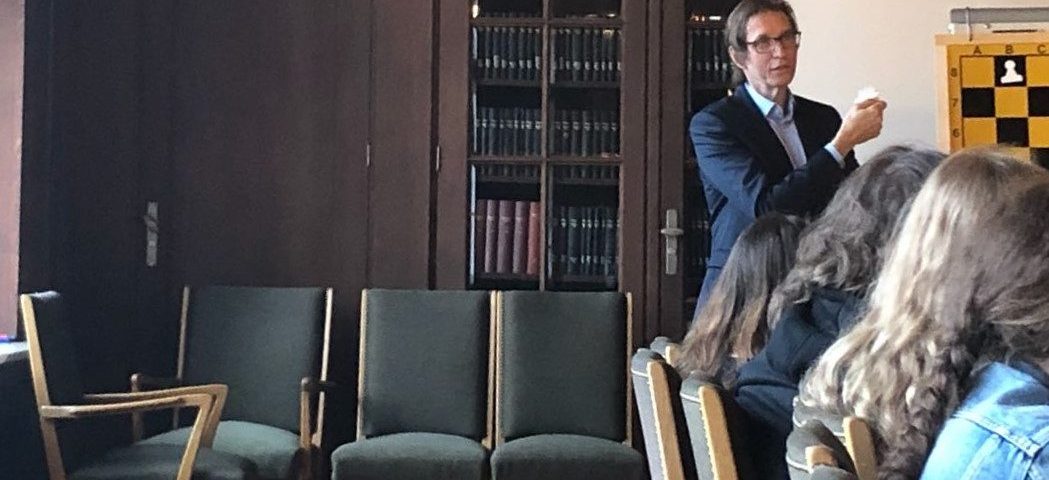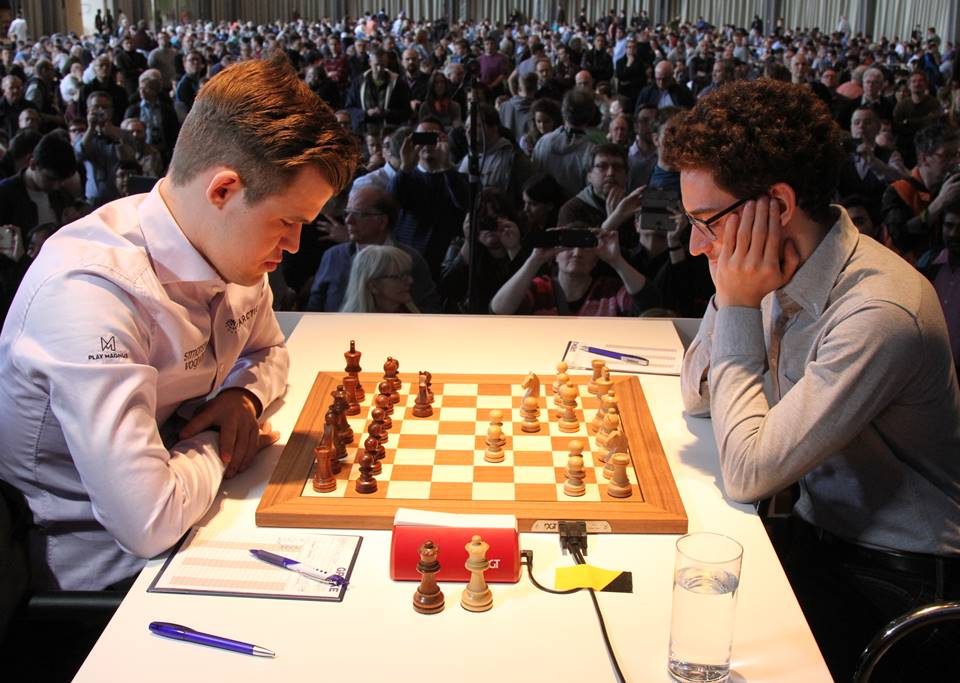
More than 50 studies worldwide prove the positive effects of chess on school children. Good chess training results in better performance not only in mathematics. Reading and spelling skills are also promoted and, last but not least, social competence is growing. For the latter point the special characteristic of chess may be responsible that when thinking about one’s own plans a change of perspective always takes place and the possibilities of the opponent must be absolutely included. This means at the same time to perceive and respect him also as a “thinking being”!
Now chess as an ancient cultural asset is also showing its healing powers in the latest project of our Munich Chess Foundation www.schachstiftung-muenchen.de at the Schwabinger Hospital in Munich.
In the clinic for child and youth psychosomatics there, weekly chess training has been taking place for several months now, which is supervised by an experienced trainer from the Munich Chess Academy. Because besides many other characteristics chess can take you into another world and make you forget fear, pain and grief at least for a certain time.

Stefan Kindermann and Angelika Moosburger are pleased about the patients’ enthusiasm for chess. (Photo: Alina Kindermann)
This is supported by the feedback of the deputy headmistress Angelika Moosburger:
…. “ My colleagues and I are enthusiastic about the effect of the training. My observation of the game strategy has a mood-lifting effect on young people and promotes concentration to a high degree. Social processes are also positively influenced and new contacts are made through common interest.
Despite changing group composition, Mr. Dehmel succeeds in establishing good contact with the young people, inspiring them to play chess and communicating the strategy in such a way that both beginners and advanced players benefit from it.
https://www. schachstiftung-muenchen.de/schachtraining-schule-fuer-kranke/
All this speaks strongly in favour of including chess as a supporting measure in therapeutic processes at as many locations and facilities as possible!
Stefan Kindermann



